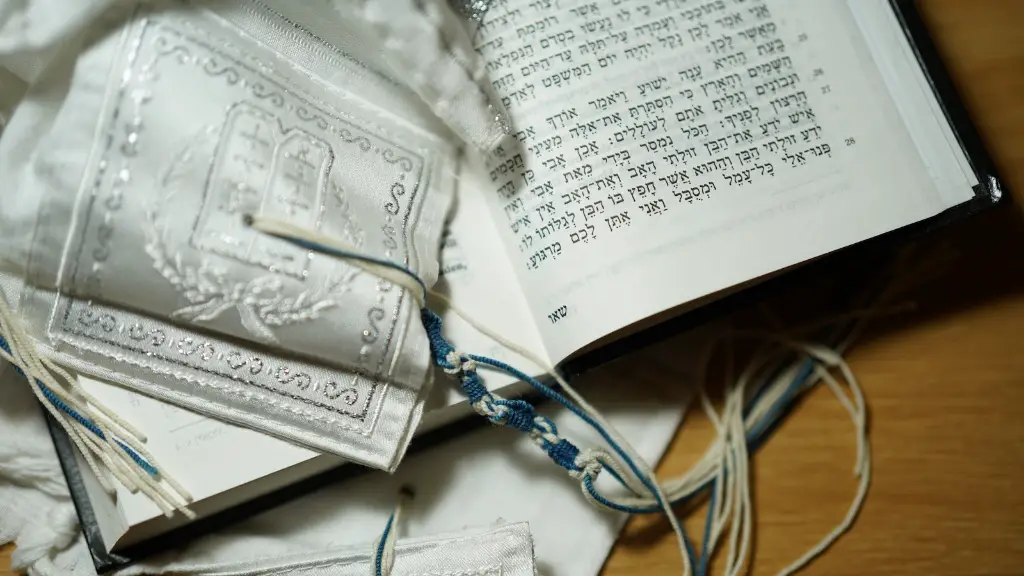Step 1: Learn About Different Types of Poetry
To get started in poetry, familiarize yourself with the many different types of poetry. Poetry can take many different forms and expressing yourself in these forms is an important first step in becoming a poet. Limericks, for example, are humorous five-line poems that often involve plays on words, while sonnets are fourteen-line poems with strict rules about the structure of their content. Haiku and sestina are other forms of poetry, each with its own unique style.
EXAMPLE LIMERICK:
There once was a man from Nantucket
Who kept all his cash in a bucket
But his daughter, named Nan
Ran away with a man
And as for the bucket, Nantucket.
Step 2: Read and Analyze Great Poems
One of the best things you can do to get started in poetry is to read and analyze great poems. The study of famous poets and their works can provide you with a wealth of ideas and techniques that you can use in your own poetry. Spend some time studying poems from literary giants such as William Wordsworth, Langston Hughes, and Emily Dickinson to discover their writing techniques.
Step 3: Use Writing Tools & Resources
To help get you started in poetry, there are many helpful tools and resources available. From online poetry classes to rhyming dictionaries and audio apps, find what works best for you and go from there. You can even join a virtual poetry community to get advice and feedback on your work. All of these resources can help you learn the skills you need to become a successful poet.
Step 4: Start by Free-Writing
When you’re ready to start writing, free-writing is a great place to start. This involves simply getting your thoughts down on paper without worrying too much about grammar and structure. Free-write as often as you can to get ideas flowing and to practice your craft. Once you’ve accumulated enough material, you can look back and review it to decide which pieces are strong enough for further development.
Step 5: Revisit Your Work
Revisiting your work is an essential part of getting better at poetry. As you progress, take some time to go back and review your old pieces. This will allow you to see how your writing has grown and changed over time. It also gives you the chance to make changes and fix any errors that you may have overlooked.
Step 6: Get Feedback
Getting feedback on your work is also a great way to improve your writing. If you feel comfortable sharing your work, try posting poems online or asking a few trusted friends or family members to read over your work. A second opinion can be invaluable in helping you to identify areas for improvement and encouraging you to keep writing.
Step 7: Set a Writing Schedule & Practice
The best way to get started in poetry is to set a writing schedule and stick to it. Dedicate a certain amount of time each day to writing and continue that practice over time. Writing on a consistent basis will help you develop your skill, practice your craft, and get better at poetry.
Section 2: Crafting a Poem
Creating poetry involves more than just getting your thoughts onto paper. Writing poetry requires practice, patience, and the ability to craft words into something meaningful and expressive. Here are a few tips on how to write a poem:
First, keep a journal to capture your thoughts and ideas. Writing in a journal gives you a starting point to craft your thoughts into something more tangible. It also gives you a chance to practice and refine your poetic voice.
Second, don’t be afraid to write about difficult subjects. Poetry can be a powerful way to express complex feelings and explore difficult topics. If something is too difficult to put into words, you could explore it through imagery or metaphor instead.
Third, read your work out loud. As you’re writing, make sure to read your work out loud to catch any errors and ensure that your words and images flow together naturally. Doing so also helps you to identify unnatural phrasing or awkward grammar.
Finally, practice. Writing poetry takes time and dedication. Set aside some time each day to write, experiment, and practice your craft. Taking the time and effort to do so will help you become more confident and comfortable with your work.
Section 3: Finding Inspiration
To write meaningful and impactful poems, it’s important to find sources of inspiration. Look around you and draw inspiration from nature, animals, friends, family, books, and anything else that moves you. You can also find material in daily life – things like your morning routine, a conversation, or even a dream can all provide you with inspiration.
Once you have inspiration, expand on it, using creative tools such as musical accompaniment or visual arts such as sculpture or painting. Combining different sources of stimulation can help you untangle complex ideas and feelings, and give you a starting point for your poetry.
Section 4: Growing as a Poet
As you continue to practice and grow in your writing, consider joining a writer’s or poet’s group. These groups can provide you with an opportunity to meet other like-minded individuals and to receive helpful feedback and critiques on your work. You can also sign up to open mics, readings, and poetry slams to get more practice reading and sharing your work with others.
Finally, consider entering your writing in competitions or submitting your poems to literary journals and magazines. Doing so is a great way to get your name out there, gain recognition, and find potential buyers for your work.




